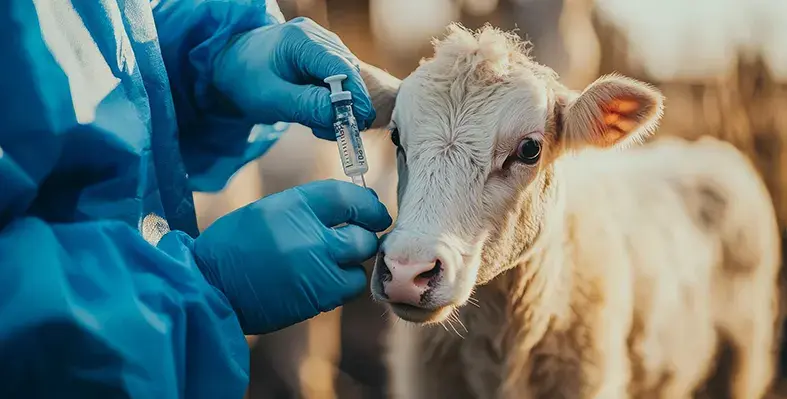To address the growing concern of antimicrobial resistance (AMR), the Kogi State Livestock Productivity and Resilience Support Project (L-PRES) has launched a training programme aimed at educating farmers and stakeholders on the safe use of antibiotics in livestock production
Abdulkabir Otaru, project coordinator, explained that the initiative was designed to equip livestock farmers, veterinarians, doctors, and environmental health professionals with the necessary skills and knowledge to adopt safer antibiotic practices.
“This training will help improve livestock productivity in Kogi State while ensuring food safety and safeguarding public health,” Otaru said, emphasising that the initiative would bridge knowledge gaps among farmers regarding antimicrobial drugs and promote best practices to minimise AMR risks.
The project, supported by the World Bank and in collaboration with both federal and state governments, will extend its reach to four additional centres across Kogi State. Each of these centres is expected to train at least 400 participants, with a total of 2,500 farmers set to benefit from the training on AMR prevention and safe livestock production practices.
Otaru also took a moment to acknowledge the continued support of Kogi State Governor, Ahmed Ododo, who has facilitated the project through the release of counterpart funding. He encouraged the media to give the project more visibility, emphasising that its impact goes beyond just improving productivity and profits.
“This project is not only about increasing productivity; it is about saving lives,” Otaru added.
Agu Yakubu from the Animal Health Department of the Federal Ministry of Livestock Development also addressed the growing threat of AMR, warning that it is making the treatment of common infections increasingly difficult. He pointed out that overusing antibiotics, poor infection control, improper drug use, and the lack of new drug development were all contributing factors to the rise of resistance.
Yakubu urged the adoption of a "One Health" approach, which integrates human, animal, and environmental health sectors to fight AMR. He highlighted that by raising awareness and collaborating across sectors, the negative impact of AMR could be mitigated, ensuring that infections remain treatable.
The training programme is expected to enhance food safety, boost livestock resilience, and strengthen Nigeria’s overall capacity to manage AMR risks, aligning with global health standards.





